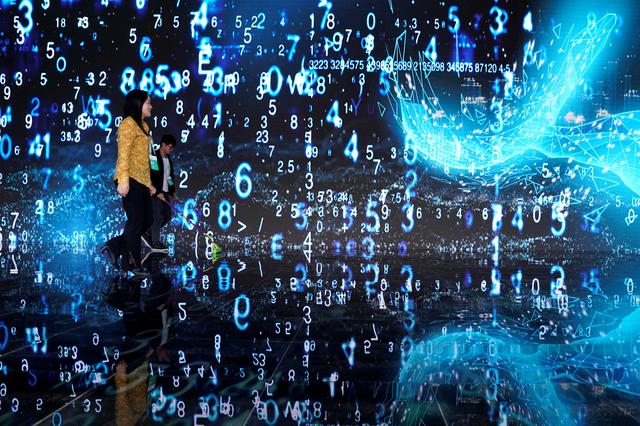
AI has designed a unique kind of robot called Xenobots that can self-repair and self-replicate biologically, reports Forbes. These bots do not contain a single mechanical component and are referred to as "machines" by scientists.
Senior author and computer scientist at the University of Vermont, Joshua Bongard, said "People have philosophized about this forever. But now you can actually do experiments to create biological machines, or machines that make biology, which in turn make machines.”
The AI ran an evolutionary algorithm that tested billions of biological body shapes in simulation. The algorithm test would help discover which configuration cell is capable of replicating on its own.
The xenobots were made of clusters of 4,000 to 5,000 frog cells in a petri dish, hand-sculpted by scientists themselves. Just by adding more random frog cells, these bots replicated on their own. By programming these bots, scientists are sculpting the cells to develop a certain way. This is called biological intelligence, which means they will perform better in the real world in comparison to traditional robots which fail in real-life.
One of the biologists and computer scientists of the team calls them, "programmed engineered organisms", believing that intelligence was occurring at the design and programming level of the bot, but not the actual bot.
Biologist Douglas Blackiston thinks that society will have to grasp the gravity of the new technology, and understand what implications and applications it may have.

1725877703-0/Tribune-Pic-(5)1725877703-0-165x106.webp)



1727160662-0/Google-(2)1727160662-0-270x192.webp)
1732085354-0/insta-(1)1732085354-0-270x192.webp)












COMMENTS
Comments are moderated and generally will be posted if they are on-topic and not abusive.
For more information, please see our Comments FAQ